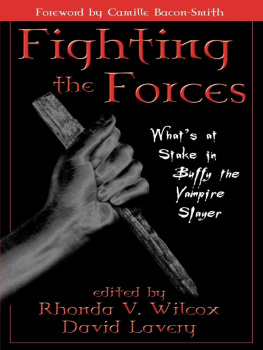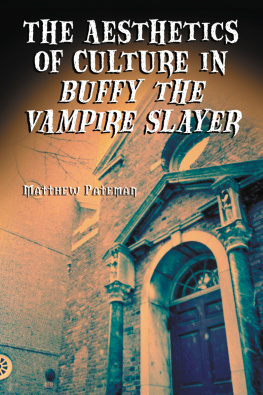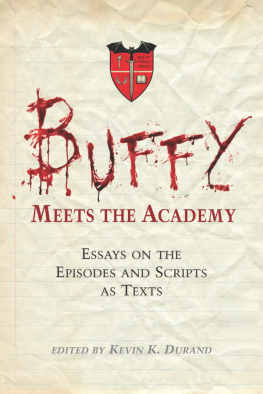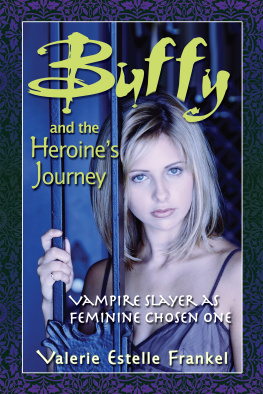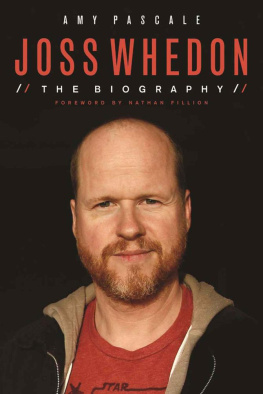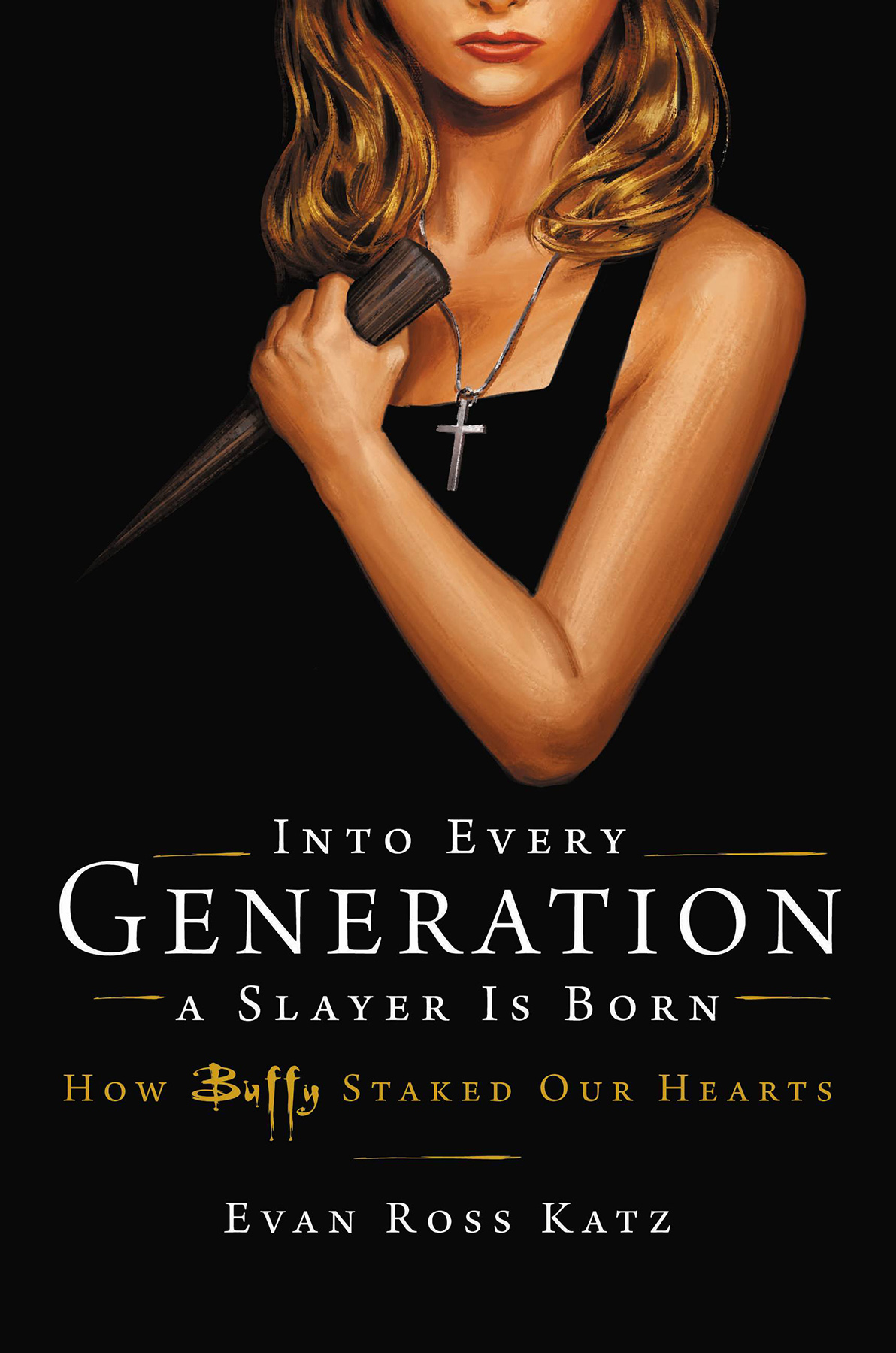
Copyright 2022 by Evan Ross Katz
Cover design by Terri Sirma
Cover illustration Isabel Gibney
Cover copyright 2022 by Hachette Book Group, Inc.
Hachette Book Group supports the right to free expression and the value of copyright. The purpose of copyright is to encourage writers and artists to produce the creative works that enrich our culture.
The scanning, uploading, and distribution of this book without permission is a theft of the authors intellectual property. If you would like permission to use material from the book (other than for review purposes), please contact permissions@hbgusa.com. Thank you for your support of the authors rights.
Hachette Books
Hachette Book Group
1290 Avenue of the Americas
New York, NY 10104
HachetteBooks.com
Twitter.com/HachetteBooks
Instagram.com/HachetteBooks
First Edition: March 2022
Published by Hachette Books, an imprint of Perseus Books, LLC, a subsidiary of Hachette Book Group, Inc. The Hachette Books name and logo is a trademark of the Hachette Book Group.
The Hachette Speakers Bureau provides a wide range of authors for speaking events. To find out more, go to www.hachettespeakersbureau.com or call (866) 376-6591.
The publisher is not responsible for websites (or their content) that are not owned by the publisher.
Library of Congress Cataloging-in-Publication Data
Names: Katz, Evan Ross, author.
Title: Into every generation a slayer is born: how Buffy staked our hearts / Evan Ross Katz.
Description: First edition. | New York: Hachette Books, 2022. | Includes bibliographical references and index.
Identifiers: LCCN 2021036939 | ISBN 9780306826689 (hardcover) | ISBN 9780306826702 (ebook) Subjects: LCSH: Buffy, the vampire slayer (Television program)Influence.
Classification: LCC PN1992.77.B84 K38 2022 | DDC 791.45/72dc23
LC record available at https://lccn.loc.gov/2021036939
ISBNs: 9780306826689 (hardcover), 9780306826702 (ebook)
E3-20220106-JV-NF-ORI
To Billy Jacobson, who taught me unconditional love through meticulous practice, and Charisma Carpenter, for everything and everything in between.
I designed Buffy to be an icon, to be an emotional experience, to be loved in a way that other shows cant be loved I wanted her to be a cultural phenomenon. I wanted there to be dolls, Barbie with kung-fu grip. I wanted people to embrace it in a way that exists beyond, Oh, that was a wonderful show about lawyers, lets have dinner. I wanted people to internalize it and make up fantasies where they were in the story, to take it home with them, for it to exist beyond the TV show.
Joss Whedon, 2001
Can I start off a book about Buffy the Vampire Slayer with an anecdote about the Pulitzer Prizewinning rock opera Rent? On the one hand, whos going to stop me? On the other hand, must we? Verdict: We must. Rent made its Broadway debut in 1996, a year before Buffy premiered. The brainchild of composer/lyricist Jonathan Larson, it was hailed as groundbreaking from the outset for its depictions of queer people, the AIDS crisis, and the East Village arts scene, and as a result developed a cult following the likes of which were never before seen by a Broadway show. These Rentheads, as they came to be called, saw something in Rent that was bigger than just a Broadway musical. Rent became as much a lifestyle as a show.
Six years earlier, author Sarah Schulman published a novel called People in Trouble, based on a relationship she had with a married woman in the East Village during the advent of the AIDS crisis. Schulman alleged that the plot of her book and Larsons musical are eerily similar, with one noticeable difference: Larson reinterpreted the love triangle present in Schulmans novel, making the straight man the protagonist, whereas in Schulmans version, he was the secondary character. This bothered Schulman for a number of obvious reasons. At base, its the issue of taking authentic material made by people who dont have rights, twisting it so they are secondary in their own life story, and thereby bringing it center stage in a mainstream piece that does not advocate for them. She ultimately deemed it an insidious but very American process.
Why are we opening a book about Buffy by talking about a musical that had nothing to do with Buffy? Doubting me from the outset, I see you. Rent is a show that for many people allows them to feel seen for who they are or to gaze at a version of themselves that they longed to be. It was gayreally gay. It was sex-positive. It addressed the AIDS crisis in a substantive and meaningful way while dignifying storylines around drug addiction and homelessness. It no doubt changed lives by exposing a subculture to the masses and introducing it through the tools of empathy and catchy melodies. And if Schulman is to be believed, its also an example of one man seeking, gaining, and reaping credit for something that might not have been his, and something that may have caused great harm in its repurposing.
Buffy is not a direct parallel to Rent in this instance. Joss Whedons concept for Buffy, both the series and the character, were not, to the best of our knowledge, in any way stolenalbeit admittedly derived from the amalgamation of characters seen onscreen before her. But there is an undeniable parallel at play here in how we try to untangle the emotions wrapped up in how we viewed something at a particular moment in timeand the formative nature of these memorieswith how we reexamine them through a new lens years, even decades, later. Buffy remains one of the best television series of all time to this day, period exclamation point. Its also a much different show now, twenty-five years later, than it was when it premiered. Buffy didnt so much break rules as create them. Much of the modern-day television landscape, particularly in the genre and teen space, is inspired by, grafted from, or, at minimum, a nod to the groundwork laid by Buffy.
Its a fact: Buffy changed lives. It changed my life. Its how I learned to quip. It gave me a sense of strength and certainty throughout a youth in which I often felt powerless; it even helped me come to terms with my sexuality. Perhaps you can relate.
It also ruined lives.
I set out to write a book about Buffy the Vampire Slayer, the historic and groundbreaking television series that altered and then reshaped the television landscape and, in its wake, created a phenomenon with a still-beating heart nearly twenty-five years after the series debuted as a midseason replacement on a fledgling network. This will not be that book. It will contain remnants of the book I set out to write. But as Catherine sings in the Stephen Schwartz musical Pippin, things change; things change.
So does context.
So with that, let the spell not be ended but, rather, recast.
If youre reading this, first of all hi, and probably, likely, or most certainly youve loved something with your whole heart. I just have a hunch. Not a personthat provides reciprocation potentialbut more like a thing. Something you can give over your energy to in a way that feeds you and leads you to a deeper understanding of self or the world around you. Maybe it was hockey cards or Pokmon, Pogs or Tamagotchi, or maybe youre among the tasteful set and it was Mandy Moores I Wanna Be with You album. Something that found you, undid you, rewired you, and so much more, before you ever had the know-how, let alone the nomenclature, to understand.


